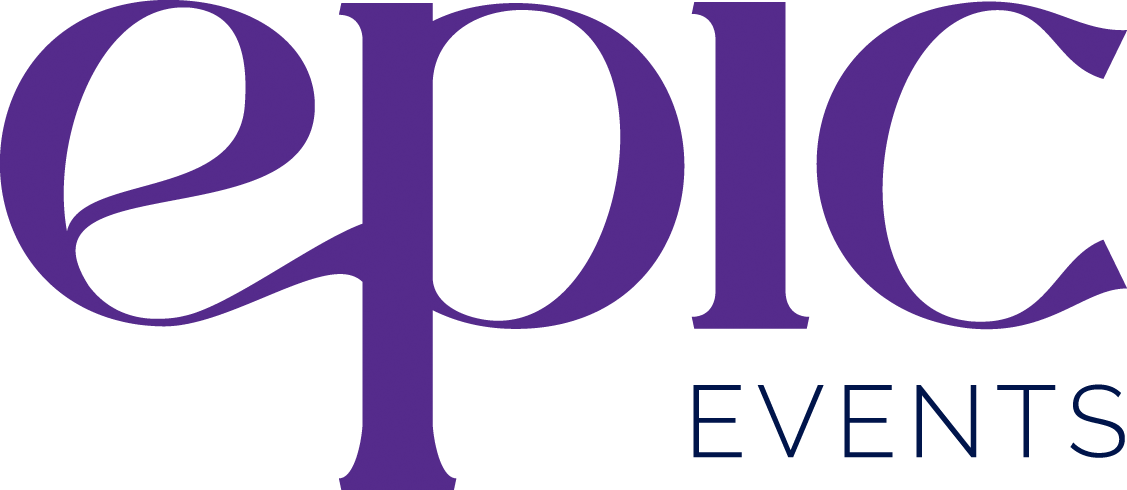
What Services Are Included in Corporate Event Coordination?
Corporate event coordination involves a range of services to ensure that your event runs smoothly and successfully. Whether you are planning a conference, a seminar, or a company retreat, understanding the services included in corporate event coordination can help you make informed decisions about your event planning.
Understanding Corporate Event Coordination
Corporate event coordination is the backbone of successful events, providing structure and unity to the planning process. It includes a thoughtful combination of skills and expertise designed to bring your vision to life. Whether you are hosting a large-scale convention or a smaller team-building workshop, various elements require careful attention.
At its core, corporate event coordination focuses on organization and execution. This not only means managing logistics but also effectively communicating with vendors, participants, and all stakeholders involved. By engaging in this holistic approach, coordinators can create memorable experiences that resonate long after the event concludes.
Event & Program Design
Crafting an event’s design and program is both an art and a science, requiring a strategic approach to layout, flow, and the arc of the attendee experience. The design and program structure are critical in setting the tone, building anticipation, and ensuring a seamless flow of activities that captivate participants from start to finish.
Event Design & Layout
The design of an event begins with an understanding of the brand’s identity and the purpose of the gathering. This foundation guides the creation of an event layout that maximizes engagement and accessibility. Our team takes a holistic view of the space, mapping out traffic patterns, focal points, and seating arrangements to ensure a comfortable and aesthetically pleasing environment.
From dynamic stage setups that amplify keynote speakers to breakout spaces that foster collaboration, every detail is thoughtfully arranged to enhance the attendee experience. Visual elements such as lighting, color schemes, and decor are curated to evoke the desired mood, making the event not just functional but memorable.
Accessibility and inclusivity also play a central role in our design process. We ensure that all attendees feel welcome and accommodated, whether through seamless navigation, inclusive seating arrangements, or accessible tech solutions. Our goal is to create an environment that invites connection and inspires creativity.
Event Program Management
The program of an event is its heartbeat, guiding the flow of activities and setting the rhythm for attendees. We take great care in crafting a program that balances content, networking opportunities, and entertainment, creating an engaging arc of information and experiences.
Our approach begins by identifying the key messages and moments that need to resonate with the audience. These are strategically positioned within the program to maximize attention and impact. Opening sessions are designed to energize and draw attendees in, while keynote speakers, panel discussions, and workshops are sequenced to maintain momentum and engagement throughout the day.
Transitions between segments are managed seamlessly, with intentional pacing that keeps the audience engaged without feeling rushed or overwhelmed. The arc of the program builds toward a climactic moment—whether it’s a keynote address, product launch, or award presentation—ensuring that attendees leave with a lasting impression.
Beyond the stage, our team weaves in opportunities for interaction, such as Q&A sessions, polls, and networking breaks. These elements are deliberately integrated to foster connection and reinforce the event’s objectives. From start to finish, every moment is choreographed to captivate attention, inspire action, and leave attendees with a sense of fulfillment.
By marrying meticulous planning with creative storytelling, we design events that resonate deeply, creating a cohesive and impactful experience for all participants.
Venue Selection and Setup
Selecting the right venue is crucial in the event planning process. It sets the stage for the entire experience, influencing everything from ambiance to accessibility. Corporate event coordinators assess potential spaces based on capacity, location, amenities, and overall aesthetic appeal to ensure a perfect fit for the event’s purpose.
Once a venue is chosen, the setup involves meticulous planning. This includes arranging seating, audiovisual equipment, and decor that aligns with your brand’s image. A well-organized space enhances attendee engagement and comfort, contributing to a positive environment conducive to networking and learning.
Moreover, understanding venue policies is essential. Coordinators liaise with venue management to ensure compliance with safety regulations, catering options, and setup timelines. This collaborative effort ensures that everything flows seamlessly on the event day.
Event Budget Management
Budget management is often one of the most daunting aspects of event planning. A corporate event coordinator plays a pivotal role in aligning your vision with financial realities. By outlining a detailed budget, they help maximize your resources while minimizing unexpected costs.
This process involves prioritizing expenditures, making informed decisions regarding each line item, and tracking costs throughout the planning stages. By keeping an eye on the budget, coordinators can also identify areas where cost savings are possible, ensuring that the event remains financially viable without sacrificing quality.
Importantly, transparency in budget discussions fosters trust among stakeholders and ensures that everyone is aligned with spending objectives. Regular updates and contingency plans are key to navigating any budgetary surprises that may arise.
Coordination of Vendors and Suppliers
Working with various vendors and suppliers is a fundamental aspect of corporate event coordination. This includes caterers, AV technicians, decorators, and more, each playing a critical role in the overall success of your event. Coordinators work diligently to source the right partners, negotiating contracts and ensuring that services align perfectly with your event’s needs.
Effective communication with these vendors is crucial. By maintaining ongoing dialogues, coordinators can address any potential issues before they arise and ensure timelines are adhered to meticulously. This proactive approach minimizes risks associated with last-minute changes and fosters a collaborative atmosphere.
No detail is too small; coordinators often compile comprehensive checklists that include vendor responsibilities and timelines. This level of organization provides clarity and allows event planners to focus on the creative aspects of their event, knowing that logistical details are taken care of.
Logistics and On-Site Management
The logistics of event coordination extend far beyond the planning stages; successful execution on the day of the event is crucial. On-site management ensures that everything proceeds according to plan. Coordinators oversee registration, guide attendees, and troubleshoot any issues that may occur, acting as the main point of contact for all parties involved.
Having a dedicated team on the ground allows for quick adjustments if unforeseen challenges arise. This includes responding to technical difficulties, managing time schedules, and coordinating transportation if necessary. An experienced coordinator remains calm under pressure, ensuring all aspects of the event are running smoothly.
Additionally, on-site management involves monitoring attendee experiences. Coordinators solicit feedback during the event, identifying areas for enhancement or celebration. Engaging with attendees can lead to spontaneous opportunities for networking and connection that enrich the overall experience.
Post-Event Evaluation and Reporting
The work does not end when the last guest leaves; post-event evaluation is crucial in corporate event coordination. This assessment includes gathering feedback from attendees, vendors, and team members to gauge the event’s success. Understanding what worked well and what could be improved is instrumental in refining future events.
Coordinators compile comprehensive reports that summarize feedback, attendance data, and financial performance. These reports serve as a valuable resource for analyzing the event’s effectiveness and informing future planning strategies. A reflective approach allows for continuous improvement and growth.
Moreover, sharing these insights with stakeholders reinforces the value of the event and helps in establishing credibility for the planning team. Well-documented results can also pave the way for future funding and support for subsequent events.
Final Thoughts on Corporate Event Coordination Services
In conclusion, corporate event coordination services encompass a variety of tasks designed to create a seamless experience for both organizers and attendees. From venue selection to on-site management, each service plays a vital role in the success of your corporate event.





Leave a comment